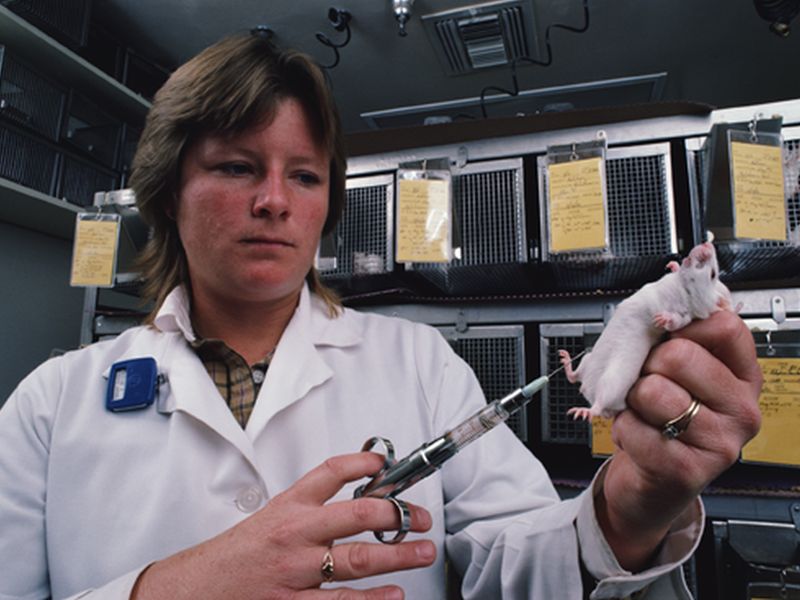
TUESDAY, Nov. 27, 2018 (HealthDay News) -- A freeze-dried polio vaccine that could be used in locations without refrigeration might help doctors conquer the disease, researchers report.
For the study, scientists freeze-dried the injectable vaccine into a powder and kept it at room temperature for four weeks. They then rehydrated it and injected it into mice, giving them full protection against the polio virus, which can cause lifelong paralysis and disability.
"Stabilization is not rocket science, so most academics don't pay much attention to this field," said study first author, Woo-Jin Shin, a fellow in the department of molecular microbiology and immunology at the University of Southern California.
"However, no matter how wonderful a drug or vaccine is, if it isn't stable enough to be transported, it doesn't do anyone much good," Shin noted in a university news release.
Polio is a highly infectious disease that's close to being eradicated, with just 22 reported cases worldwide in 2017. But young children are at risk in countries where refrigeration for vaccines may not be widely available.
The University of Southern California study was published Nov. 27 in the journal mBio.
The researchers hope that a foundation or company will take over the project to pay for human clinical trials that could lead to approval of the freeze-dried vaccine.
It should be noted, however, that research with animals often fails to produce similar results in humans.
More information
The American Academy of Family Physicians has more on polio vaccination.
Back

The news stories provided in Health News and our Health-E News Newsletter are a service of the nationally syndicated HealthDay® news and information company. Stories refer to national trends and breaking health news, and are not necessarily indicative of or always supported by our facility and providers. This information is provided for informational and educational purposes only, and is not intended to be a substitute for medical advice, diagnosis, or treatment.






